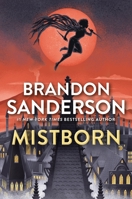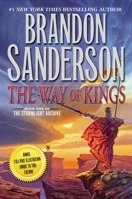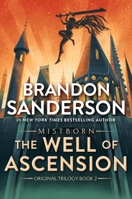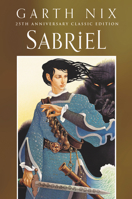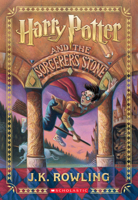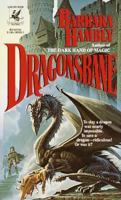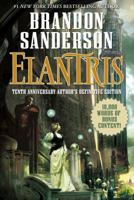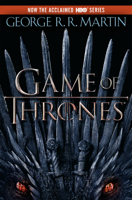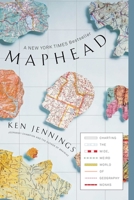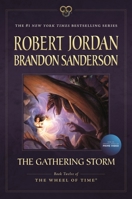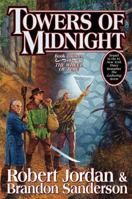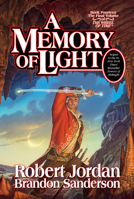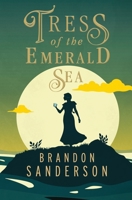Remembering Cormac McCarthy
'My perfect day is sitting in a room with some blank paper. That’s heaven. That’s gold and anything else is just a waste of time.'
By Ashly Moore Sheldon • June 22, 2023
Pulitzer Prize-winning author Cormac McCarthy died last week at the age of 89. Known for his dark and haunting visions of America—past, present, and future—his novels were critically acclaimed, drawing comparisons to Hemingway, Faulkner, and the like. His bleak, often violent stories were tempered by lush prose and stark authenticity. Throughout his six-decade career, he was reclusive and iconic, determined to play by his own rules. Here we remember his life and legacy.
A resolute outsider
I was always attracted to people who enjoyed a perilous lifestyle.
Born on July 20, 1933, McCarthy was the third of six children. From an early age growing up in Knoxville, Tennessee, McCarthy marched to the beat of his own drum. He saw no interest in school, preferring to pursue his own interests, which were many. He described a moment when a teacher asked the class about their pastimes outside of school. "I was the only one with any hobbies and I had every hobby there was . . . I could have given everyone a hobby and still had 40 or 50 to take home."
In 1951, he began studying physics and engineering at the University of Tennessee, dropping out in 1953 to join the Air Force. Often bored during his time stationed in Alaska, he "read a lot of books very quickly." Returning to the University of Tennessee in 1957, he studied English and began publishing short stories in the student literary magazine. In 1959, he dropped out again and began working on his first novel, The Orchard Keeper, which was published in 1965.
Critical success ≠ Book sales
I’m not writing for a particular audience. The reader in mind is me. If someone else would write these books I could go play golf.
Despite receiving largely good reviews, McCarthy's first five novels were commercial failures. For nearly three decades, he lived in relative poverty and obscurity, making a meager living on literary awards and fellowships. In 1979, McCarthy published the semi-autobiographical Suttree, which many consider to be his greatest Southern novel. Author Jerome Charyn famously dubbed it as a "doomed Huckleberry Finn."
In 1981, McCarthy won an inaugural MacArthur Fellowship, which enabled him to travel to the American Southwest to research and write his next novel, the scorched-earth epic, Blood Meridian. Set in the 1850s, this extraordinarily violent tale follows the path of the Kid, a fourteen-year-old Tennesseean traveling through the American South to the Mexico border, where he falls in with a gang of outlaws bent on murdering Native Americans and Mexicans for their scalps. The book is widely hailed as McCarthy's magnum opus, but at the time of its publication in 1985, he was living in a "barely habitable" stone cottage in El Paso.
His big break
Between the wish and the thing the world lies waiting.
In 1992, after winning the National Book Award and the National Book Critics Circle Award for All the Pretty Horses, McCarthy finally received widespread recognition. The elegiac novel became a New York Times bestseller and McCarthy followed up on its success with The Crossing and Cities of the Plain, completing his Border Trilogy.
When he began his next work, No Country for Old Men (2005), he initially intended it as a screenplay. As a result, the novel, about a drug deal gone terribly wrong, is composed largely of dialogue. Set in the 1980s on the Texas-Mexico border, it was adapted into a 2007 Oscar-winning film by the Coen Brothers, starring Tommy Lee Jones, Javier Bardem, and Josh Brolin.
An ever-evolving artist
One could not know where it was that one had taken the path one was upon but only that one was upon it.
In 2006, McCarthy again shifted the style of his oeuvre with the publication The Road, about a father and his young son traveling through a post-apocalyptic America. He has said that aspects of the devastating novel were inspired by his relationship with his own son. The book won international acclaim, including the Pulitzer Prize for Fiction.
In 2022, sixteen years after The Road, McCarthy released two new novels, The Passenger and Stella Maris. This duology marked yet another departure from his previous works. A recent description from the New York Times reads, "The intertwined works explore arcane scientific and metaphysical fields of study that McCarthy had long been obsessed with: quantum physics, the philosophy of mathematics and theories about the nature of consciousness."
His legacy
There’s no such thing as life without bloodshed. I think the notion that the species can be improved in some way, that everyone could live in harmony, is a really dangerous idea.
McCarthy's prose has been described as stark and blunt and, at the same time, poetic and lush. His characters were shown little mercy or redemption. His brutal tales marked a shift from the romantic view of the Old West as a place of hope and possibility, giving rise to a new, darker style of Western literature. His bleak, nihilistic vision may not appeal to every reader, but few can deny the lasting potency and power of his work. He will be remembered and missed as one of America's greatest novelists.
Follow us on Facebook, Twitter, and Instagram to connect with a community of readers, catch up on literary news, and get book recommendations.










